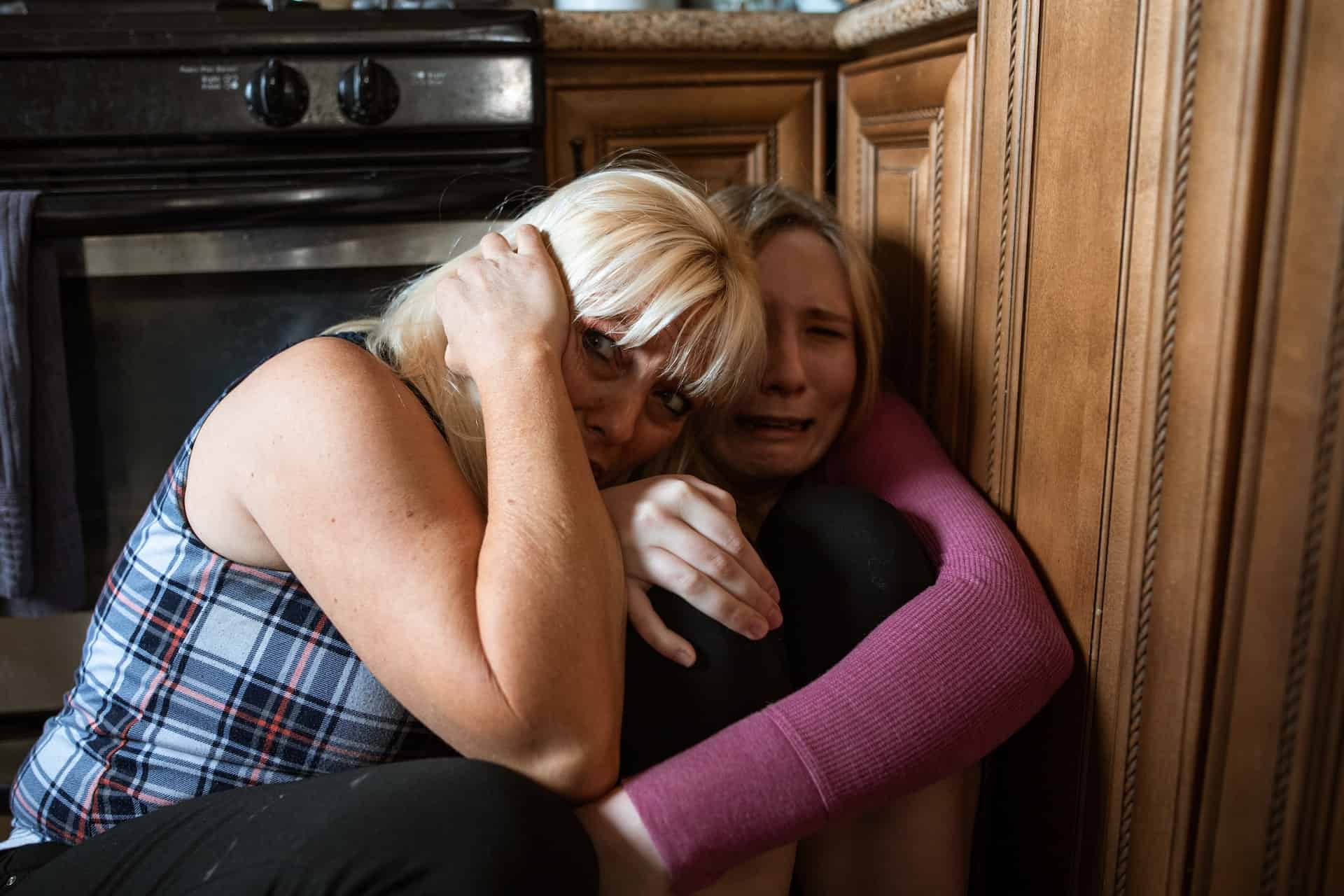You may feel overwhelmed by negative emotions or even numb to the world, leaving you feeling helpless about how to heal from trauma. However, healing is possible with dedication and support, which are often an integral part of the healing process. This article will explore six tips for helping you begin your journey toward recovering from trauma today.
1. Be Mindful of Triggers
Being mindful of triggers and learning to manage them is essential to healing from trauma. If you feel affected by something presently, taking a moment to practice mindful breathing can be beneficial. This can help bring awareness into the present moment and away from negative thoughts or feelings associated with past trauma. You can also ground yourself in the here and now by focusing on your breath, sounds in your environment, sensations in your body, or anything else that is calming and centering.
2. Journaling
Journaling is a therapeutic tool that can help in the healing journey. Writing can enable you to identify your feelings, thoughts, and emotions about the traumatic experience. It can be a safe space where you express yourself freely without any inhibition. Journaling can assist in developing greater emotional awareness and help you identify triggers that can cause emotional distress.
3. Consider EMDR therapy
Eye movement desensitization and reprocessing therapy (EMDR) is a psychotherapy for treating PTSD and trauma-related disorders. In EMDR therapy, the person recalls the traumatic event while the therapist guides the patient’s eye movements, which helps the brain to reprocess traumatic memories. By allowing the brain to reprocess these memories, you can move forward and experience emotional healing and growth.
4. Lean on Your Loved Ones
It’s challenging to endure trauma alone, which is why it’s important to have loved ones to lean on when times get tough. Social support can assist in decreasing feelings of isolation, loneliness, and the perception of being alone in your struggles. You can confide and lean on your loved ones for emotional support, physical aid, and practical assistance to facilitate healing. Your family and friends can help you celebrate small milestones and accomplishments in your healing journey.
5. Be Mindful of Your Physical Body
Trauma can have physical effects like fatigue, tension, headaches, and stomach problems. Engaging in self-care practices like exercise, yoga, meditation, and relaxing baths can help release endorphins that decrease stress and promote physical healing. Physical relaxation methods, including deep breathing exercises and progressive muscle relaxation, can be helpful to calm your body down. Practicing mind-body techniques reduce physical distress and promote internal connection.
6. Allow Yourself to Feel Your Emotions
While it can be difficult, expressing and processing your feelings related to the traumatic event is essential. When you are willing to sit with and acknowledge painful emotions like guilt, shame, fear, and sadness, it allows them to move through you instead of staying trapped and lingering within you. This can provide a sense of emotional stability. Seeking guidance from a therapist or joining a support group may be advantageous if you struggle with managing your emotions. They can provide valuable suggestions and techniques for managing your emotions securely and constructively.
Each person’s recovery process after experiencing trauma is different and requires a personalized approach. Self-care is crucial during this process. Engage in calming activities that resonate with you and seek support when necessary. Embrace all emotions, even those that are challenging, and forgive yourself for any choices made during the traumatic experience. Lastly, concentrate on the positive aspects of life that bring happiness and stability to help progress toward healing.
